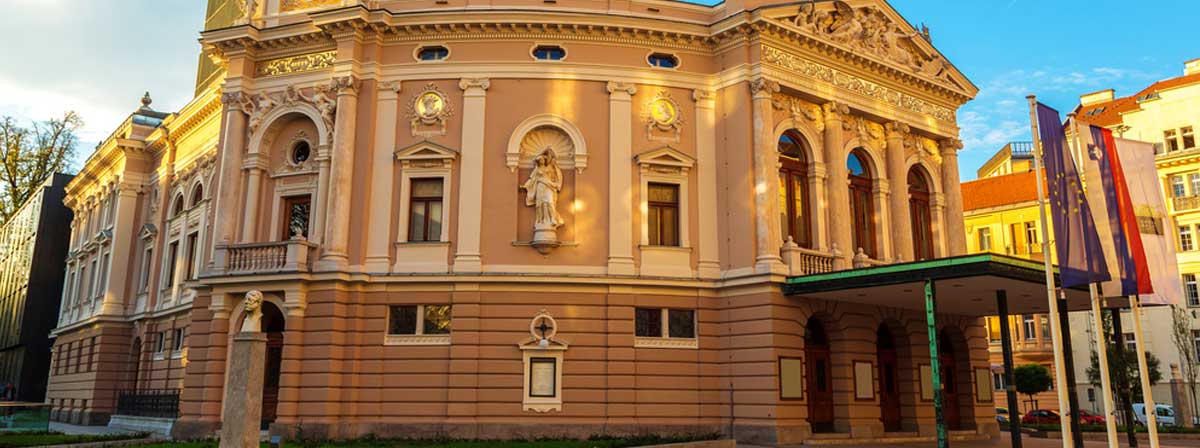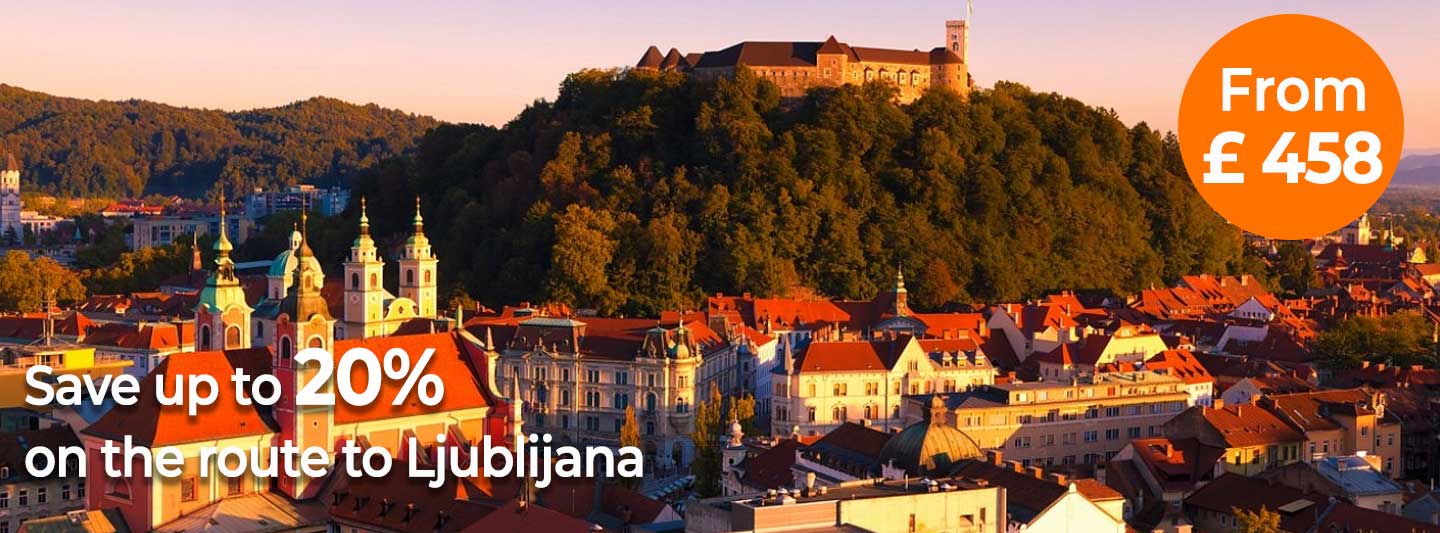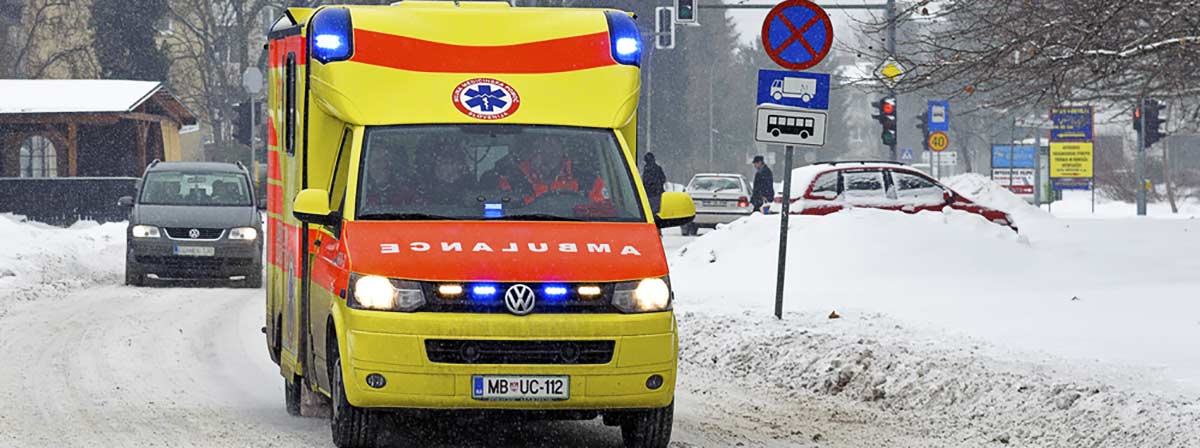
Slovenia has everything – beautiful countryside, cultural heritage, plenty of sporting opportunities and great food and wine. And the people are friendly and helpful. And although they may appear reserved when first meeting them soon you’ll find out that establishing a social life in Slovenia is a breeze. Also be careful when using self-depreciating humour – in Slovenian culture it may be mistaken as rudeness.
They enjoy outdoor activities, and they have a good balance between rural and urban life. Holiday homes are popular – as is gardening. The mountains have chair lift access but the peaks can be quite challenging. And as there are only two million inhabitants, Slovenia has a friendly, family feel. In fact, the home is important – hence gardening and flowers matter.
The national sport is skiing, and the mountains offer a variety of sporting options. The hiking trails are well marked, from flat round-the-lake ambles to demanding high-level routes. They also enjoy cycling and jogging, and there are numerous sporting events, including extreme sports.
There are dating agencies – be aware that despite legislation, there is a bias against women in business and men tend to be dominant. Business and family life are mostly kept separate. Take the usual precautions when meeting someone for the first time for your safety.
Tourist information centres have a generous amount of information on the sites to visit, and they will have details of the culture – theatre, music, art, festivals and more.
The official language spoken in Slovenia is Slovene, a South Slavic language which is spoken by the large majority of the population. It is also known as Slovenian by English speakers. Two minority languages spoken on the borders are Hungarian and Italian, and these are recognised as co-official languages and protected in their municipalities. Croatian is also spoken by immigrants from former Yugoslavia as is Serbian.

The Slovenians are ranked among the top European people regarding the speaking of foreign languages, and in school the children are taught English, German, Italian, French and Spanish.
The great thing is that if you have children they do seem able to absorb languages easily, and unless your Slovene is very good they will soon be translating for you.
There are quite a few other celebratory days, which are working days.
 Where is the Best Place for Expats to Live in Europe? A Guide for Britons
Where is the Best Place for Expats to Live in Europe? A Guide for BritonsWhere is the Best Place for Expats to Live in Europe? A Guide for Britons Deciding on a…
 Pensions and Health Care in Slovenia
Pensions and Health Care in SloveniaSocial Insurance and Health Care in Slovenia In Slovenia the health…